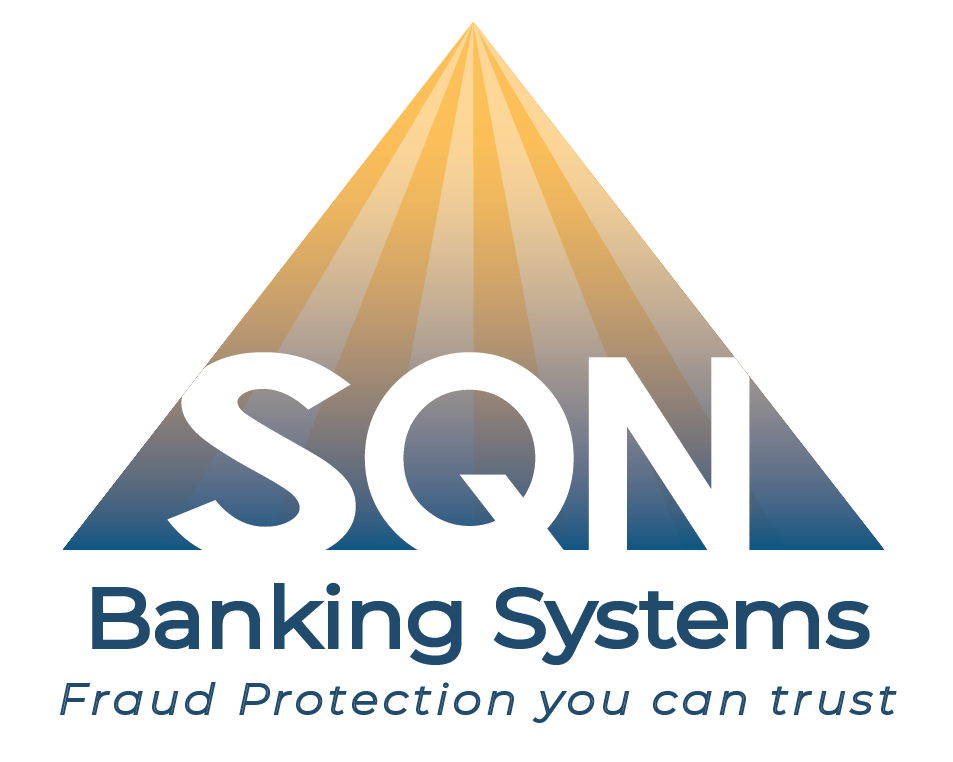7 Questions to Ask Before Implementing New Bank Fraud Software

When you invest in enterprise-level software, you have to think about how the implementation process is going to work. Careful planning ensures that you don’t have a gap in service as you switch from your existing software to new software. It also helps to keep operations running smoothly and protects your business from unwanted downtime.
In particular, when considering new fraud detection software for your bank, you need to understand what the software monitors and the basics of how it works. Once you’ve assessed that those elements meet your needs, it’s time to start planning the implementation process.
An experienced bank fraud software provider can guide you through the process and give you tips about software implementation, but to help you plan, here are some questions you should ask.
1. Do we have the right equipment to support the bank fraud software?
Depending on the specs of the software, you may have to upgrade your hardware or invest in new servers. Alternatively, you may be able to find software that’s hosted on another company’s servers.
Some providers offer both options, and they’ll help you identify the best option for your budget, space constraints, and tech needs. Hosted solutions allow you to save money on hardware, and in exchange for a predictable monthly service fee, you get to avoid unexpected capital IT expenses. In contrast, in-house solutions can make you feel like you have more control over the software.
2. How do updates work?
All software requires updates. Before implementing your new software, make sure that you understand the update process. If you’re hosting the software on your internal servers, will you handle the update yourself or will the software provider send a tech in to help you? If you invest in hosted software, will the provider do the update remotely? Will you need to do anything on your end?
In either case, you should also ask the following questions: How long do most updates take? How frequently do they happen? Can you schedule updates for off-hours during the evenings or weekends? Will you be able to use the software while it’s updating? Is there anything else that you should know about the updating, testing, or patching processes before you commit to the software?
3. What if we have problems or questions about the software?
The best bank fraud software is intuitive and easy to use, but even the best software, sometimes has problems. Make sure that you understand how you’re going to resolve problems with your software.
Does the company have a help desk? Do you have a dedicated customer success manager? What happens during evenings and weekends? Make sure that you and your employees are not going to get stuck with a problem that you cannot solve.
4. Do you provide end-user training?
Antifraud software is critical for banks and their customers, but if your employees don’t understand how to use the software, your financial institution won’t get all of its advantages. Talk with your provider about end-user training.
Will the company train you and your employees how to use the software? Do they understand which chokepoints are the most likely to create user resistance? Do they offer ongoing training to help people understand updates? What type of training is available, for example, in-person training or self-paced videos/webinars that can be used at any time?
5. Will this fraud software integrate with our other software and workflows?
If you manage fraud in a silo, you will miss incidents and become the victim of fraud more often. To protect your financial institution, you need your new fraud software to integrate with your existing tools. You also need software that fits in with current workflows. Before making your final decision about which bank fraud software you want, make sure that the provider can help you integrate it into your existing operations.
6. What is the timeline for this project?
Finally, talk with the software provider about the timeline for the project. Make sure that you understand all of the steps involved and when they’re scheduled. Talk about contingent plans in case certain things don’t go smoothly.
7. Do you have additional anti-fraud solutions or services?
Finally, talk with the provider about other anti-fraud solutions and services they may have. Every financial institution has slightly different risks and concerns. You need a suite of anti-fraud tools and solutions that will meet your organization’s unique risks. Talk with the company about what they offer and ask them what they recommend.
Get Help From Experienced Fraud Detection Professionals
At SQN Banking Systems, we offer a broad range of solutions and services to help our clients avoid check fraud and other types of bank fraud. In addition to fraud detection and prevention software, we offer Payee Positive Pay, safe deposit box management, data conversion services, hosting services, and more.
Ready to protect your bank? Interested in improving relationships with customers? Want a seamless process for implementing and deploying fraud detection software? Then, contact us today. We look forward to helping you reduce your risk of fraud.
